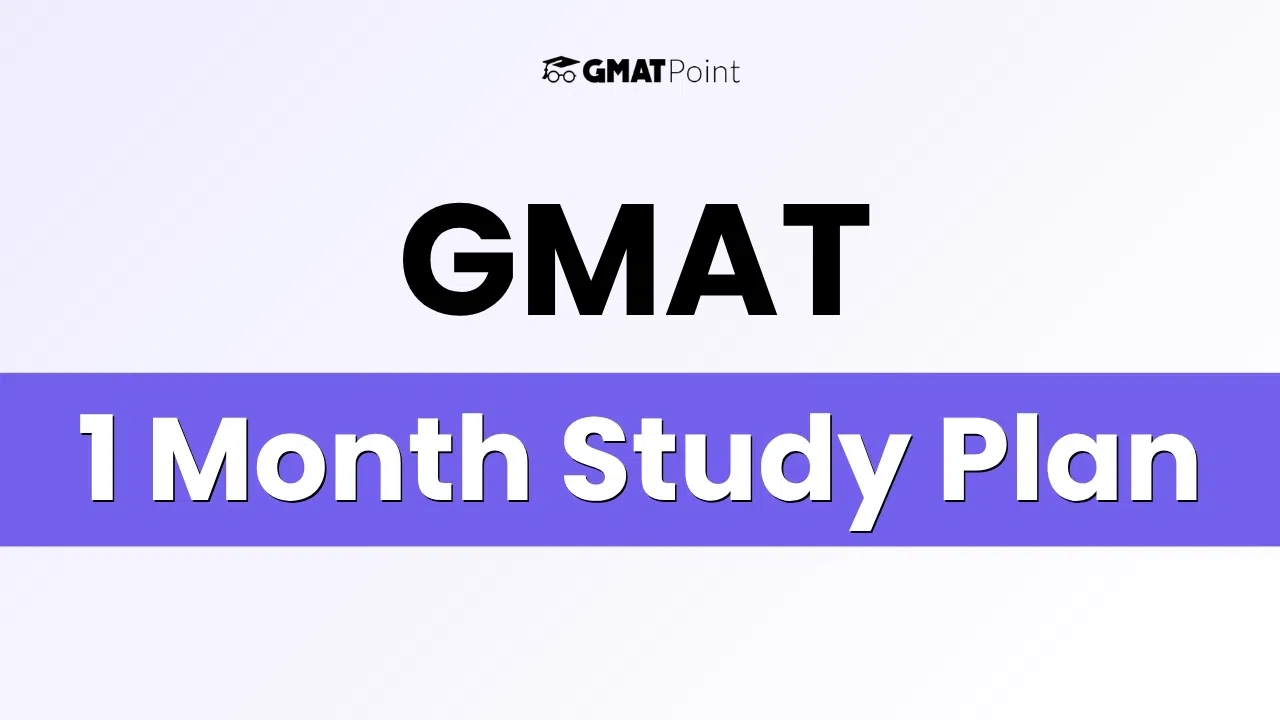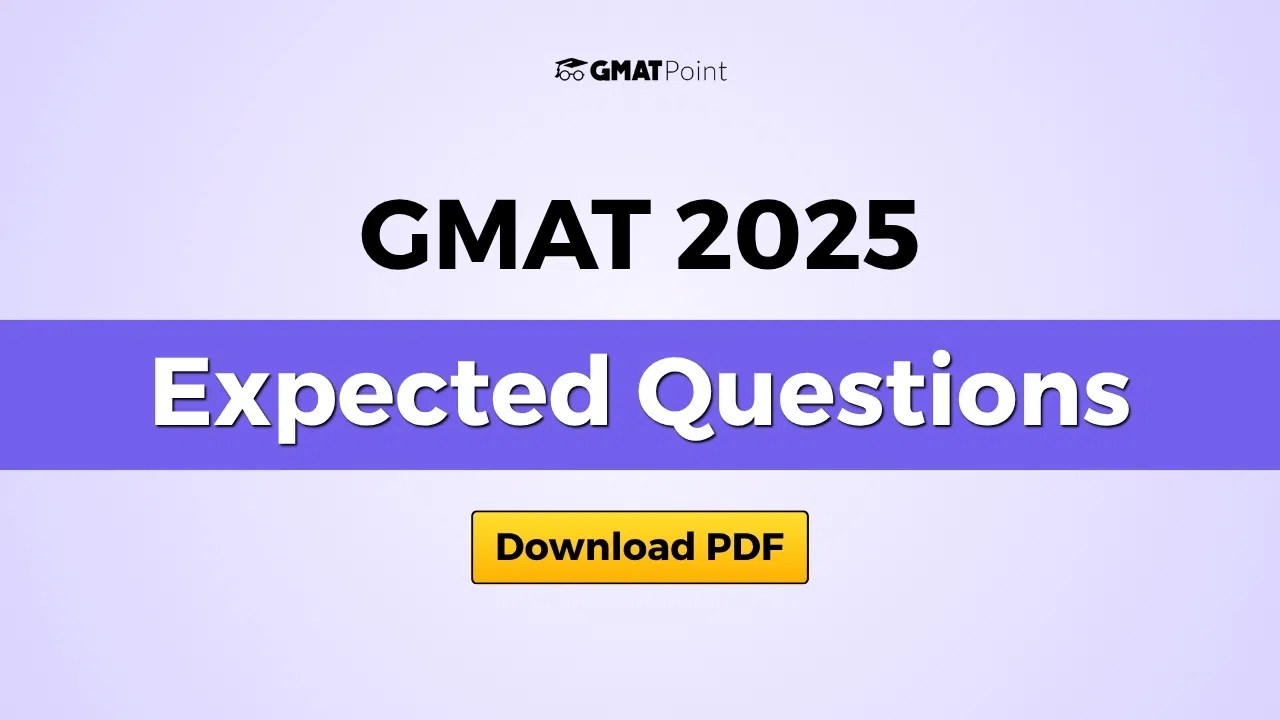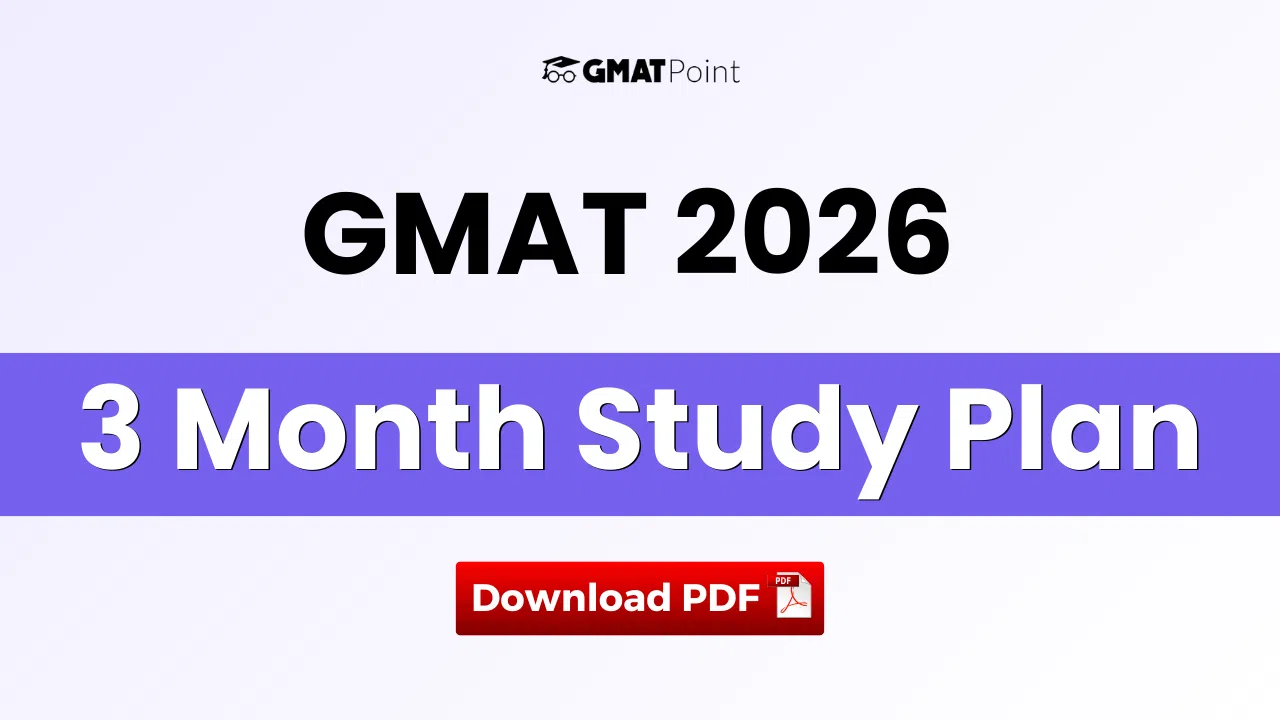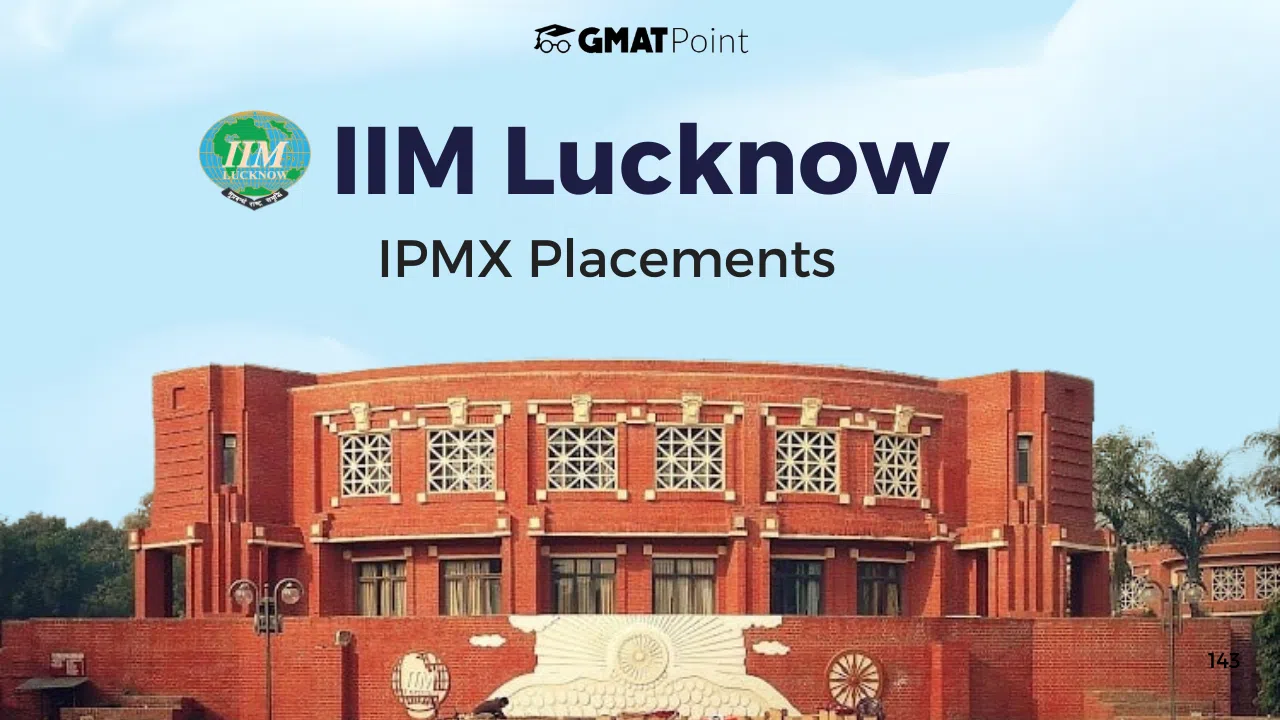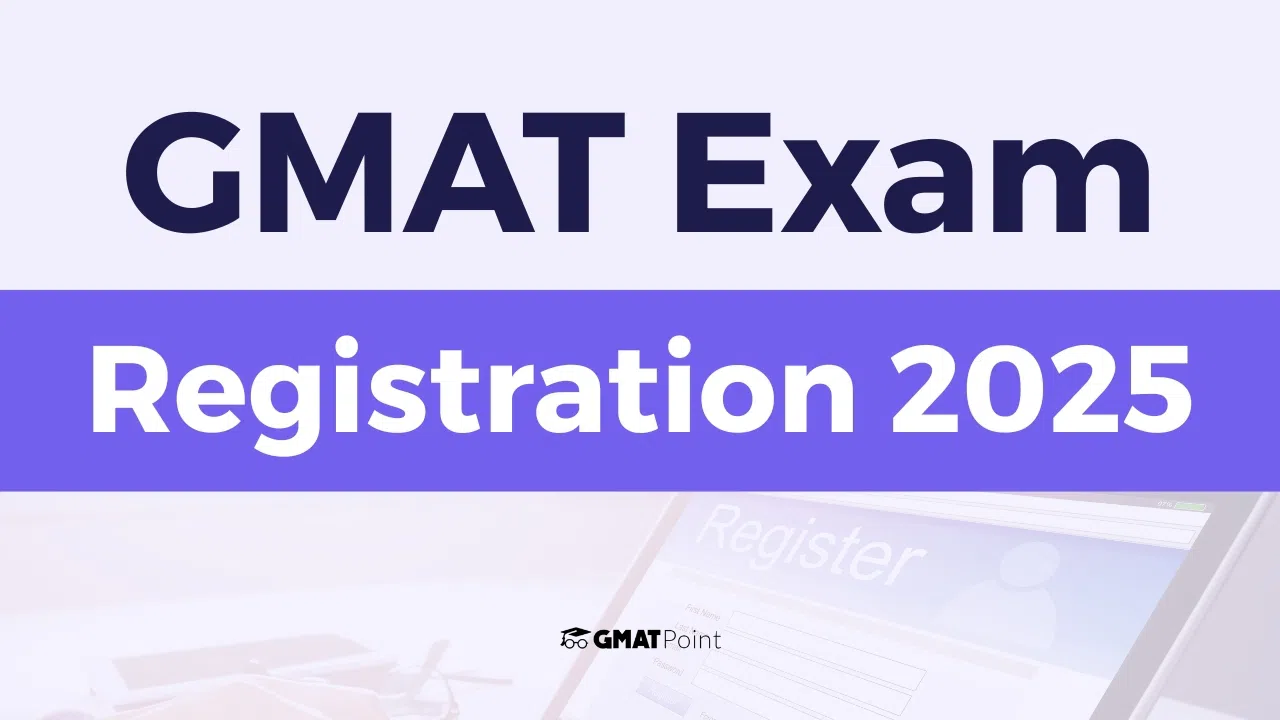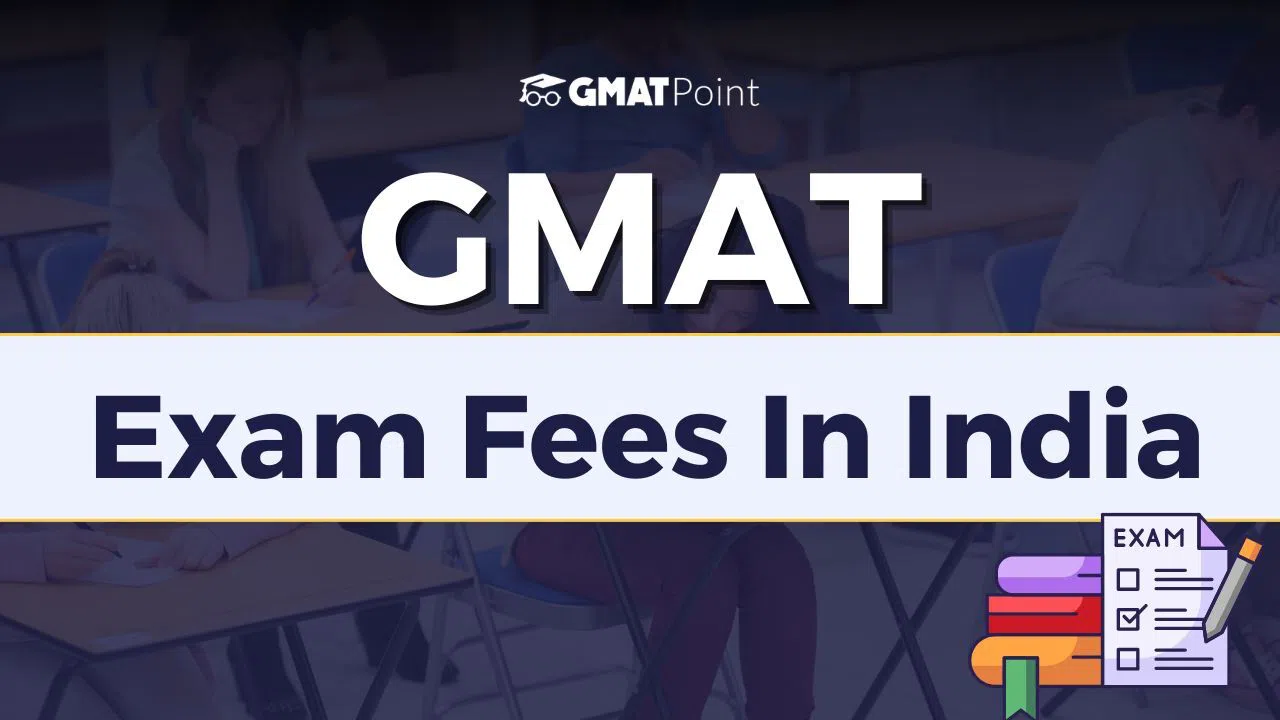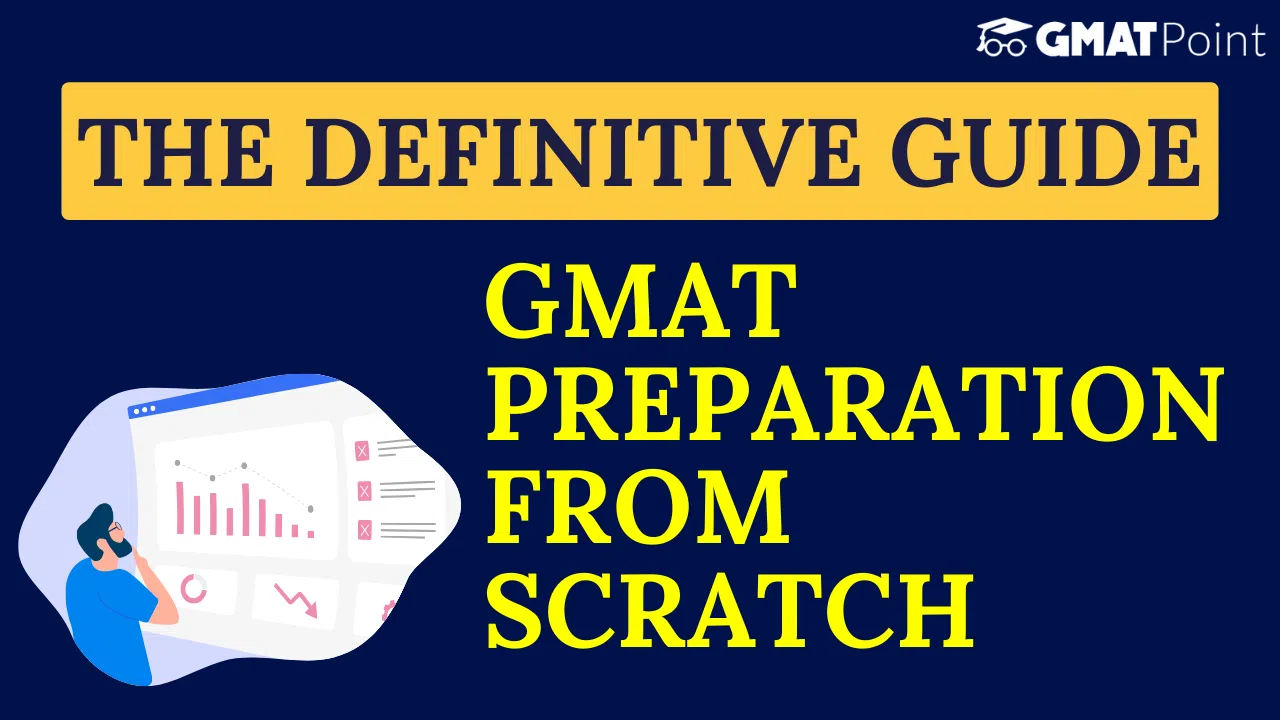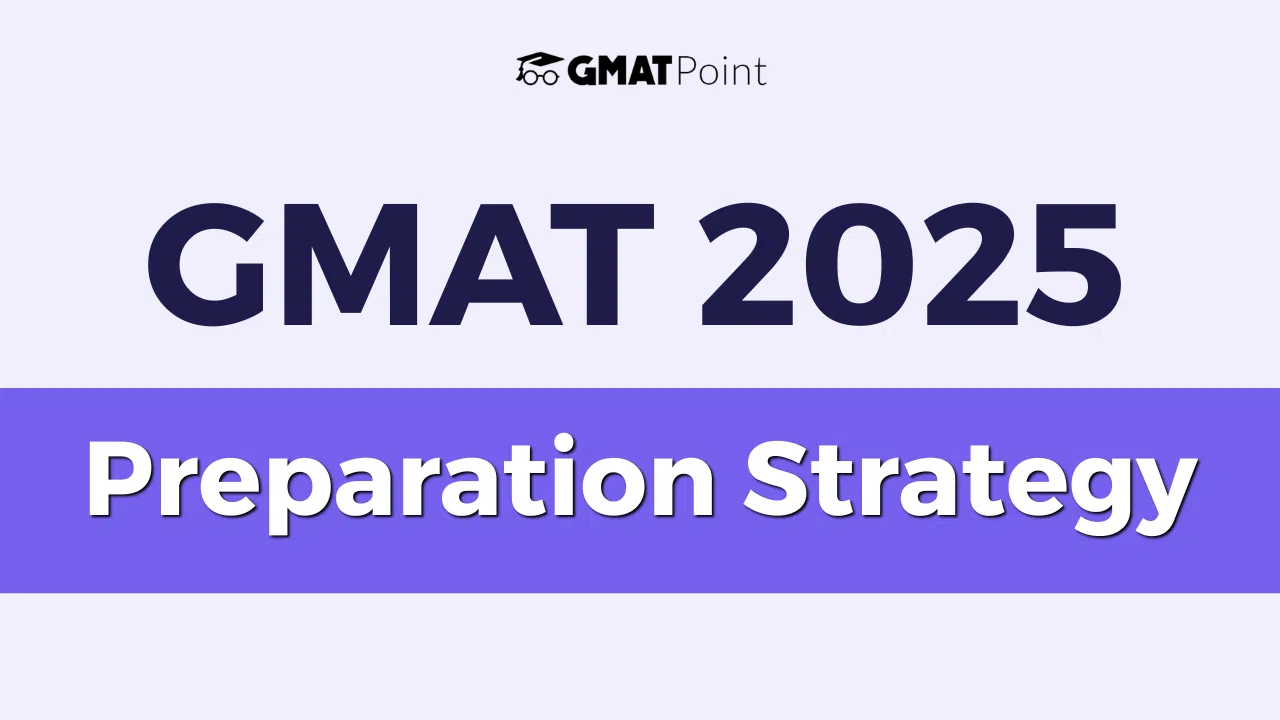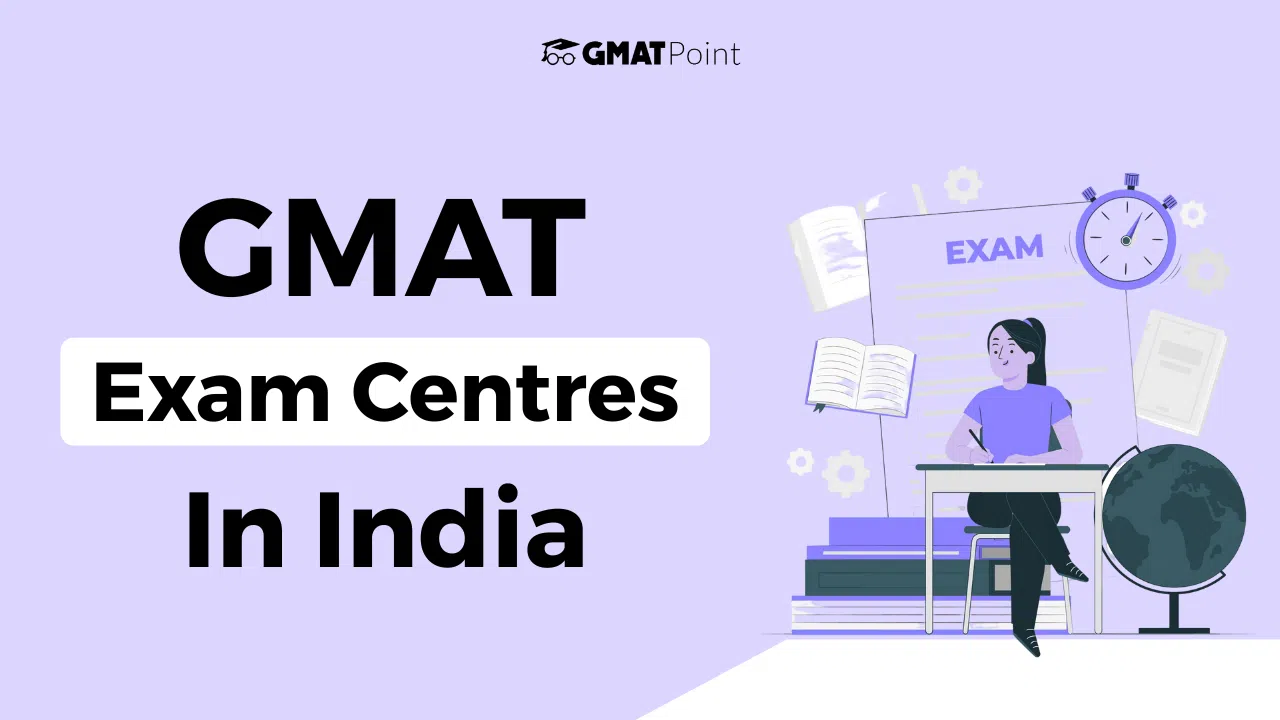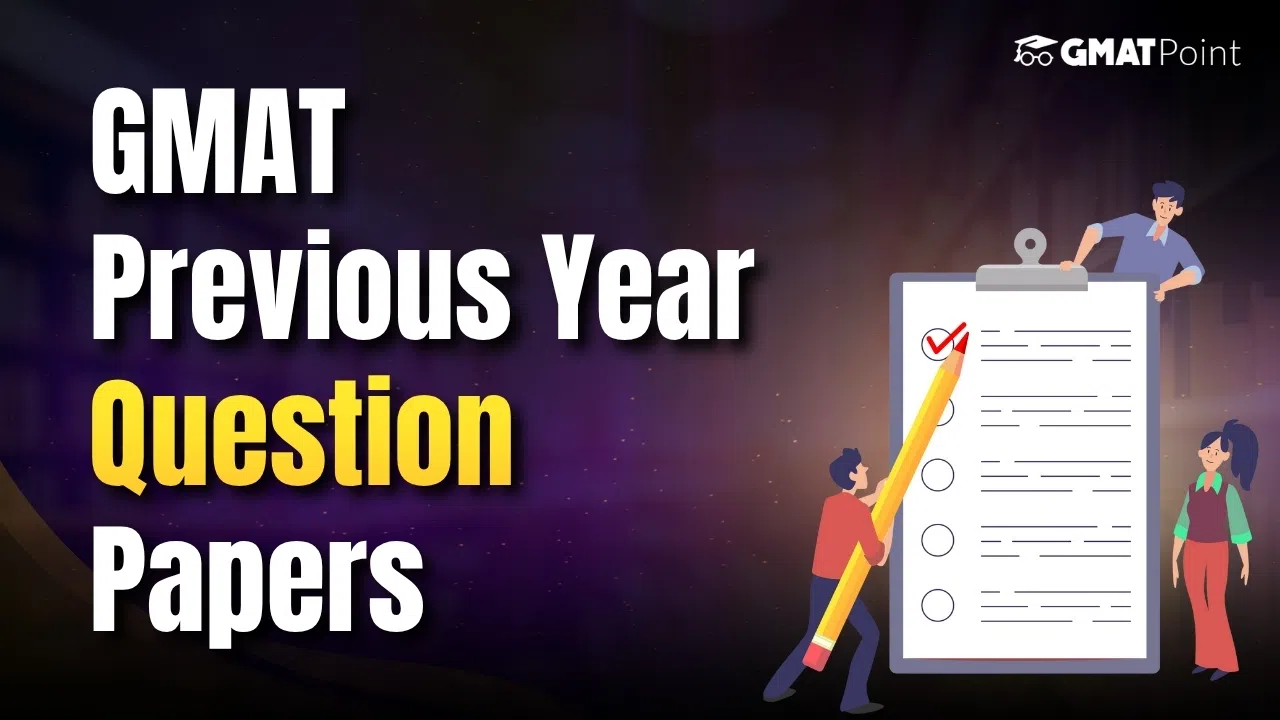GMAT 1 Month Study Plan
Are you wondering how to crack GMAT in 1 month? Preparing for such an important exam in a short time can feel challenging, but with the right approach, it’s definitely achievable. This guide provides GMAT exam preparation in 1 month strategies: a weekly plan to help you stay organised, focused, and cover all important topics efficiently.
In addition, this article covers how to prepare for the GMAT exam in 1 month and offers practical tips and techniques to improve your performance. You will also find the important steps to prepare for GMAT in 1 month, ensuring that you make the most of your time and maximize your chances of success.
How to Crack GMAT in 1 Month?
Cracking the GMAT (Focus Edition) in just one month requires focused preparation, smart strategies, and disciplined practice. Although the GMAT tests your quantitative, verbal, and data insights skills, short-term preparation is possible if you approach it methodically. Here’s how you can maximize your 1-month preparation:
Assess Your Current Level: Start by taking a GMAT mock test to understand your strengths and weaknesses in Quantitative, Verbal, and Data Insights sections. Use the results to create a targeted study plan so you can focus on areas that need improvement instead of spending time on topics you are already good at.
Create a Structured Study Schedule: Divide your 30 days into a weekly plan covering all topics. Allocate more time to weak areas while continuing practice in stronger sections. Make sure your schedule includes time for learning concepts, solving questions, and taking mock tests. Following a structured plan helps keep your preparation organized and prevents last-minute cramming.
Focus on High-Yield Topics: Concentrate on the topics that appear most frequently on the GMAT. In Quantitative, prioritise arithmetic and algebra. For Verbal, focus on critical reasoning and reading comprehension. In Data Insights, practice interpreting graphs, charts, and tables, and analysing trends and patterns. Understanding common question patterns can save valuable time during the exam.
Practice Smartly: Solve questions daily using GMAT questions. Pay attention to both accuracy and speed, as time management is important in the exam. Analyse every mistake carefully to ensure you do not repeat it.
Take Regular Mock Tests: Take full-length mock tests under real exam conditions at least once a week. Mock tests help improve your exam stamina, identify time management issues, and track your progress. After each test, review your mistakes thoroughly and adjust your study plan accordingly.
Revise and Strengthen Weak Areas: Dedicate the final week to revision and focused practice on weak areas. Reinforce formulas and problem-solving strategies. Revisit difficult questions to improve confidence and reduce errors on test day.
Read More: GMAT Previous Year Question Papers, Section-Wise PDFs
GMAT Exam Preparation in 1 Month Strategies: Weekly Study Plan
A one-month GMAT preparation plan begins with taking a GMAT diagnostic test to assess your strengths and weaknesses, followed by a structured weekly schedule that progresses from foundational concepts to advanced practice. Below are the weekly strategies:
Week 1 - Foundation and Diagnostic: Start by taking a full-length practice test to establish your baseline performance and identify areas that need improvement. Spend this week reviewing the basics across all sections: Quantitative, Verbal, and Data Insights. Dedicate about an hour each day to analysing mistakes from your practice test. At the end of the week, take a second practice test to measure progress and make adjustments to your study plan.
Week 2 - Deep Dive and Strategy: Focus on deepening your understanding of critical topics such as algebra and arithmetic in the Quantitative section. Develop effective strategies for Reading Comprehension and Critical Reasoning in the Verbal section. Spend time practising Data Insights questions, including data sufficiency and multi-source reasoning.
Week 3 - Strengthening and Mixed Practice: Use this week to tackle advanced problem-solving areas where you are still weak. Work on timing strategies for the Verbal section and complete mixed problem sets to build stamina and practice in a test-like environment.
Week 4 - Final Prep and Test Day Simulation: In the final week, take 2-3 GMAT mock tests under exam conditions, ideally on the same day of the week and at the same time as your official GMAT. Review error logs and concentrate on high-yield topics that still challenge you. Practice speed reading, revisit your notes, and fine-tune your strategies.
Days 29 - 30 - Relaxation and Final Review: Use the last two days to relax, review test-taking strategies, and ensure you are well-rested and mentally prepared for test day.
Read More: GMAT Preparation Strategy for Beginners 2026, Study Plan PDF
How to Prepare for the GMAT Exam in 1 Month?
Preparing for theGMAT exam in just one month is challenging, but it is possible with the right plan. The GMAT Focus Edition has three sections: Quantitative Reasoning, Verbal Reasoning, and the new Data Insights section. To succeed, you need to understand the GMAT exam pattern, focus on your weaker areas, and practice regularly. Below are the steps you can follow to prepare effectively in one month:
Understand the Exam Format: Preparing for the GMAT Focus Edition in just one month is possible with a focused and strategic approach. The exam now consists of three sections: Quantitative Reasoning, Verbal Reasoning, and the new Data Insights section, replacing the old Integrated Reasoning and Analytical Writing sections. Start by understanding the exam format and the type of questions in each section.
Take a Diagnostic Test: Take a diagnostic test to identify your strengths and weaknesses and set a realistic target score.
Create a One-Month Study Plan: Create a detailed one-month study plan, allocating time to each section based on your needs, while giving extra focus to your weaker areas.
Strengthen Fundamentals: Strengthen your fundamentals in math and reasoning skills. For Data Insights, practice interpreting charts, tables, graphs, and multi-source data, as this section now forms a significant part of your score.
Daily Practice: Solve GMAT-style questions daily to improve speed and accuracy under timed conditions.
Take GMAT Mock Tests: Take full-length mock tests at least once a week to simulate exam conditions and build stamina. After each test, carefully analyse your mistakes and work on correcting them.
Develop Time Management Strategies: Develop time management strategies, such as pacing yourself, skipping difficult questions, and returning to them if time allows.
Use Updated Resources: Use updated and trusted study resources that cover the GMAT Focus Edition and the new Data Insights section.
Maintain Well-Being: Finally, maintain your physical and mental well-being with adequate sleep, nutrition, and short breaks to stay focused and alert throughout your preparation.
Read More: Top 125 GMAT Quant Questions PDF 2025, Important Formulas
GMAT 1 Month Study Plan: Conclusion
Preparing for the GMAT in one month can feel challenging, but with focus, discipline, and a smart study strategy, success is well within your reach. A structured GMAT 1 Month Study Plan helps you target high-priority topics, practice effectively, and make steady progress week by week. Regular mock tests, thorough analysis of mistakes, and consistent review of weak areas will ensure that you’re fully prepared for the GMAT Focus Edition.
Stay committed to your schedule, keep your study sessions balanced, and maintain a positive attitude throughout your preparation journey. Combine concept mastery with time management and stress control to maximize your score potential. With determination and the right mindset, you can crack the GMAT in 30 days and confidently move toward your dream business school.
